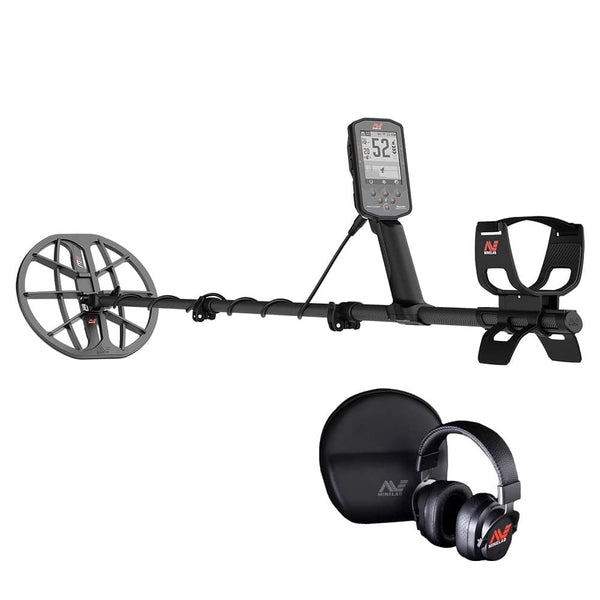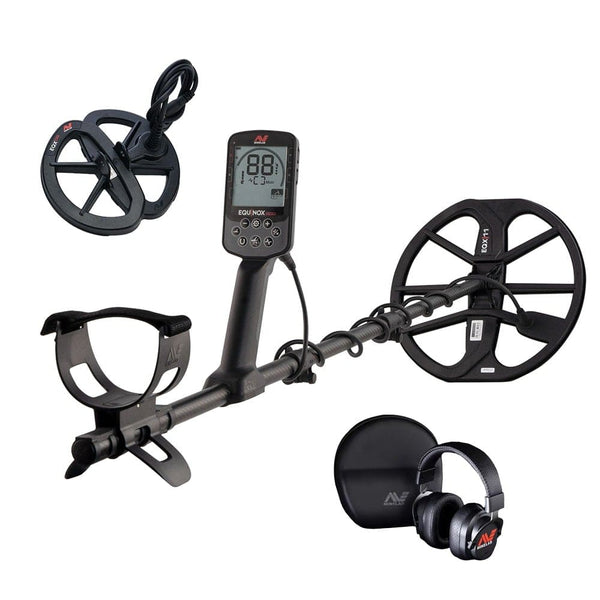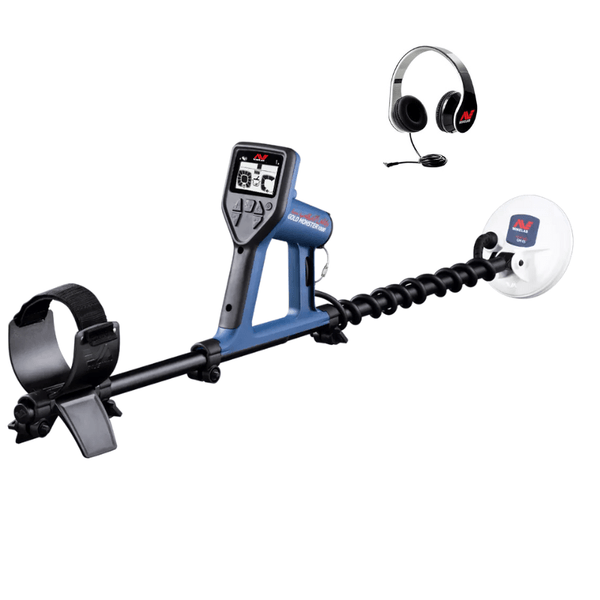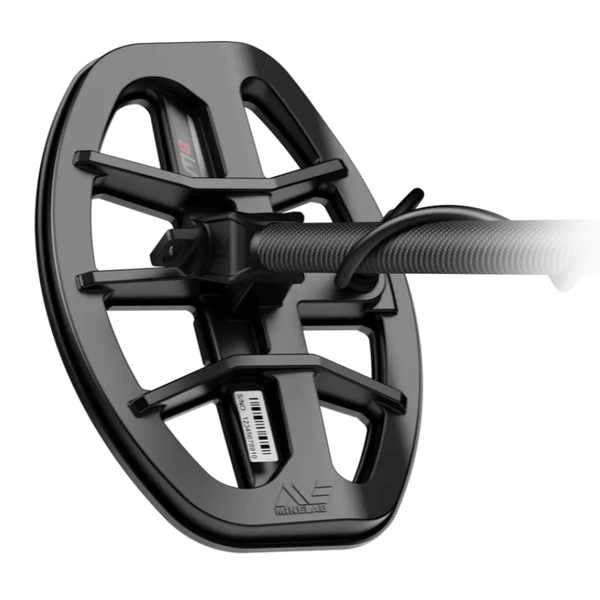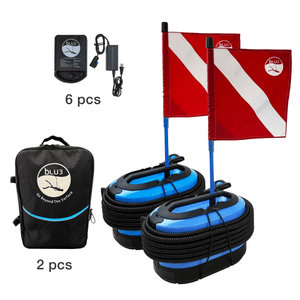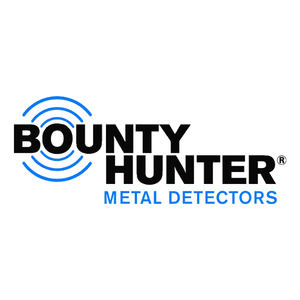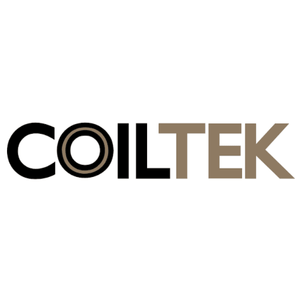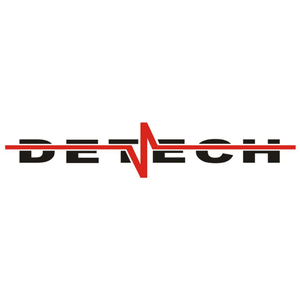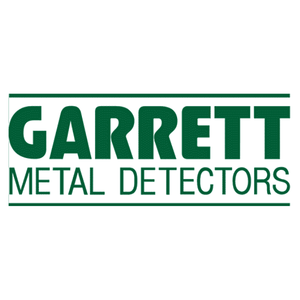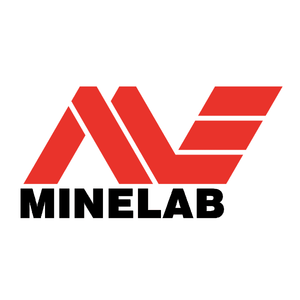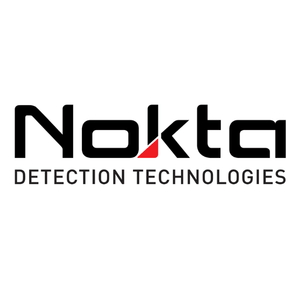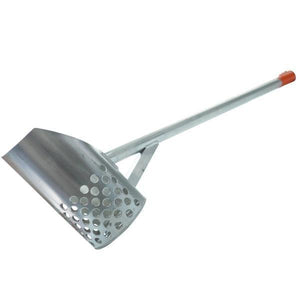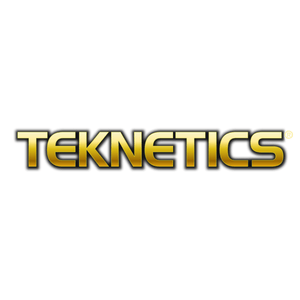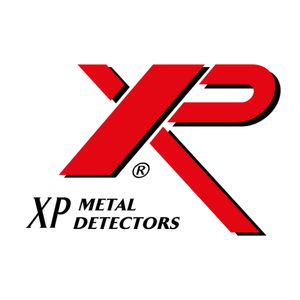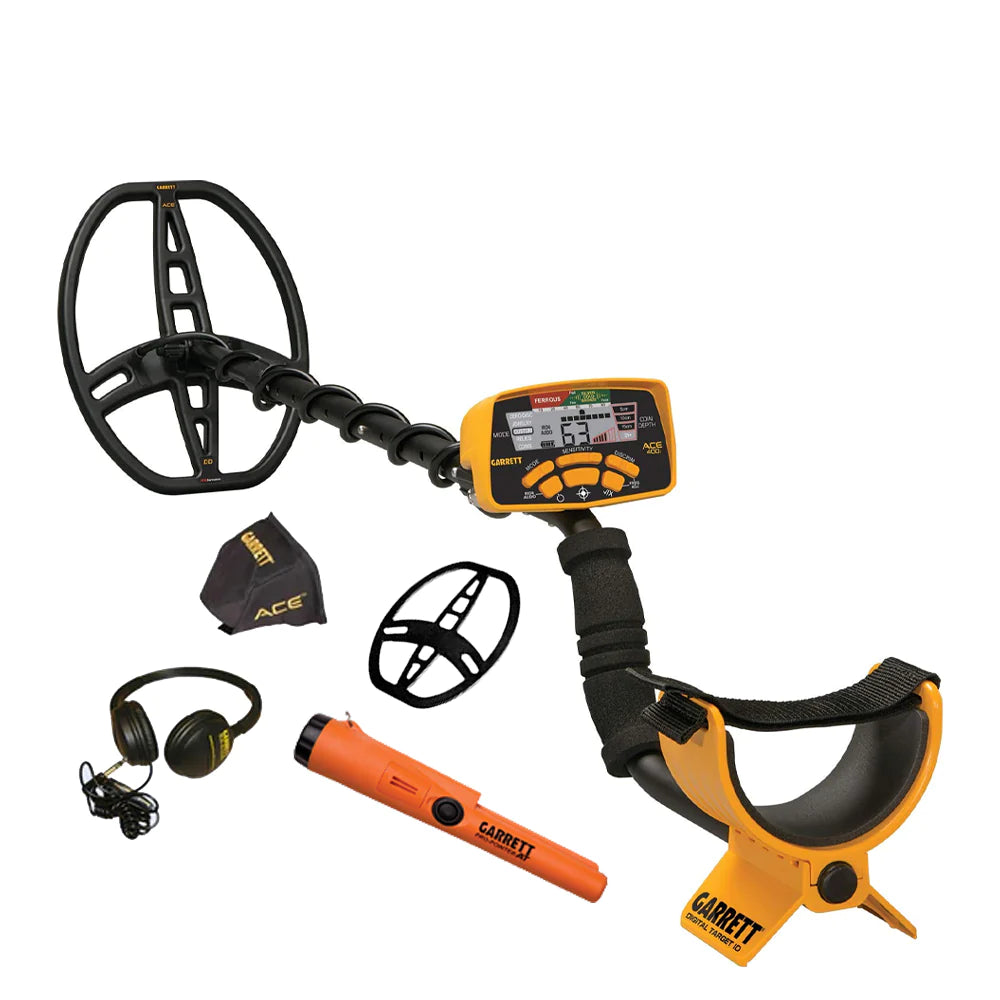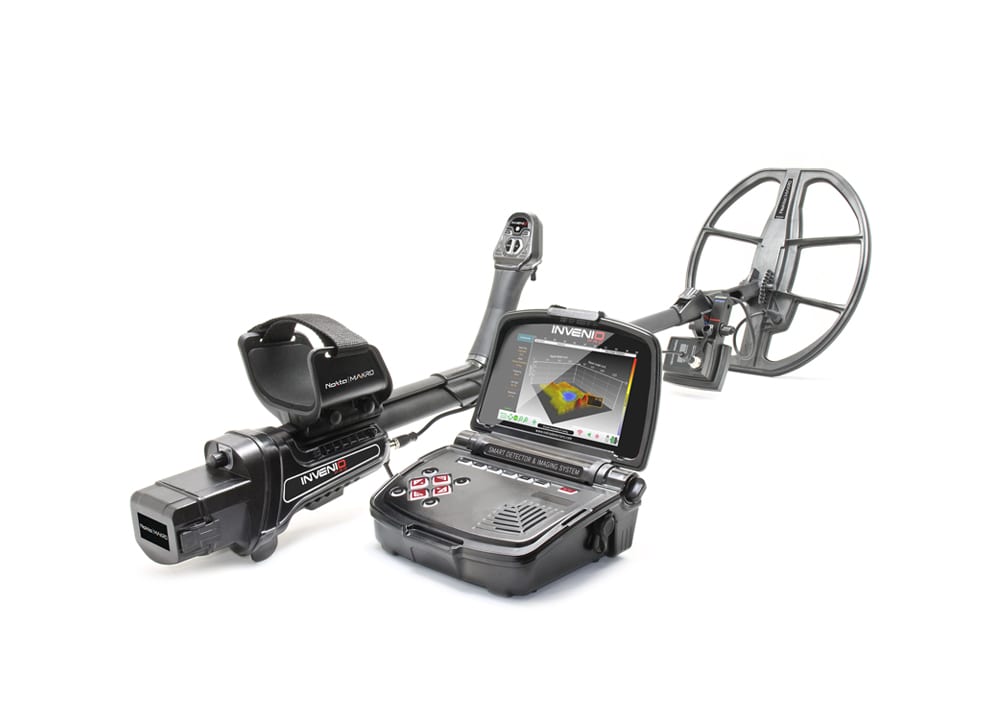Beginner vs. Advanced Metal Detectors: Which One is Right for You?
For people who are interested in history, excitement, and curiosity, metal detecting is a wonderful hobby. Choosing the right metal detector is important for a successful and fun hunt, whether you're looking for coins, artifacts, or hidden treasures. This guide details the differences between basic and advanced metal detectors so that you can make an informed choice.
Understanding Beginner Metal Detectors
Beginner metal detectors boast an easy-to-use design, making them an ideal choice for individuals new to the sport. These gadgets are simple to use, not too expensive, and come with the features that are needed to help with learning without being too much for the user.
Key Features of Beginner Metal Detectors:
- User-Friendly Operation: With preset modes and simple-to-use controls, these detectors make it easy for newbies to start detecting right away.
- Affordability: With prices that are usually below $500, they make metal detecting a sport that many people can enjoy.
- Lightweight Design: They are comfortable to wear and easy to handle for long rounds of detecting.
-
Basic Detection Capabilities: Capable of identifying common items such as coins, jewelry, and small relics, though they may have limitations in complex terrains or deeper targets.
Popular Beginner Metal Detectors:
Garrett ACE 400
Key Features:
- Iron Audio for reducing unwanted signals.
- Target ID with a numeric scale for accurate metal identification.
- Adjustable sensitivity for optimal depth control.
- Lightweight design, great for extended use.
Why It’s Great for Beginners:
The user-friendly interface and reliable features make it an excellent choice for newcomers.
Minelab Equinox 700
Key Features:
- Multi-IQ technology for simultaneous multi-frequency detection.
- Waterproof up to 16 feet, ideal for beach or freshwater hunts.
- Pre-set modes for various target types (coins, relics, gold).
Why It’s Great for Beginners:
It offers easy-to-use settings while giving room for advanced skills development.
Nokta Simplex Ultra
Key Features:
A next-level beginner-friendly detector, balancing simplicity with upgraded features.
- Fully submersible up to 16 feet for water and underwater searches.
- Multiple detection modes to handle various terrains with ease.
- Lightweight design for comfortable and extended use.
Why It’s Great for Beginners:
This detector is easy to use and packed with modern features, making it perfect for beginners. Its affordable price and excellent performance ensure a smooth start to treasure hunting.
Exploring Advanced Metal Detectors
Advanced metal detectors are suitable for individuals with metal detector experience or those willing to invest in more sophisticated devices. These detectors offer more features and customization options, making them suitable for specific tasks and challenging environments.
Key Features of Advanced Metal Detectors:
-
Advanced Target Identification: High-precision recognition makes it easier for users to tell the difference between useful targets and useless ones.
- Customizable Settings: You can change the settings of advanced detectors to improve their performance on different terrains and with different targets. These settings include ground balance, sensitivity, and discrimination.
-
Advanced Target Identification: High-precision detection helps users distinguish between valuable targets and trash with greater accuracy.
-
Customizable Settings: Advanced detectors allow users to fine-tune settings for ground balance, sensitivity, and discrimination to suit different terrains and targets.
-
Multi-Frequency Technology: Many more advanced models use more than one frequency at the same time, which works better on more kinds of metals and soil.
-
Durability and Performance: Designed for rugged use, these detectors can handle harsh environments, including highly mineralized ground and water.
-
Depth and Sensitivity: They can find things deeper, which makes them ideal for finding relics, gold nuggets, and hidden treasures.
Popular Advanced Metal Detectors
XP Deus II with 11" Coil
Key Features:
An advanced detector designed for serious enthusiasts looking for precision and versatility.
- Multi-frequency technology ensures accurate detection across diverse targets.
- Waterproof up to 66 feet, ideal for both land and underwater hunts.
- 11" coil provides greater depth and accuracy, even in challenging terrains.
Why It’s Great for Advanced Users:
The XP Deus II offers unmatched flexibility and top-tier performance. Its wireless design and superior technology allow you to explore with confidence and efficiency.
Nokta Invenio Pro
Key Features:
A cutting-edge metal detector with groundbreaking real-time imaging capabilities.
- Visualizes the shape, size, and depth of underground targets.
- Exceptional detection for deeply buried objects and artifacts.
- Built for professional treasure hunters with rugged durability and precision.
Why It’s Great for Advanced Users:
This detector sets a new standard with its ability to provide detailed target data. It's perfect for professionals aiming to uncover hidden treasures with confidence and accuracy.
Key Factors to Consider When Choosing a Metal Detector
-
Detection Goals:
-
Hobbyists:
A basic detector should be enough if you just want to go treasure-digging for fun and look for coins, jewelry, or small artifacts. Newcomers to the sport can usually use these detectors' simple controls.
- Specialists: You'll need a more advanced model if you want to go after special items like gold, deep relics, or rare treasures. These detectors have unique features, such as higher sensitivity, better target identification, and deeper tracking, which make it easier to find tougher targets in a variety of settings.
-
Hobbyists:
-
Environment and Terrain:
- Beginners: Basic detectors work well in parks, beaches with dry sand, and other places where there isn't a lot of mining. They work great for general-purpose detection in dirt, which isn't too hard to work with.
- Advanced Users: If you want to search in tougher places, like saltwater beaches, soil with a lot of minerals, or rocky ground, you'll need a detector to handle these circumstances. More advanced models often have settings that can be changed to block out mineral interference and keep working well in rough circumstances.
-
Budget:
- Beginner Detectors: These are the first detectors you should buy. They usually cost between $100 and $500. When it comes to detectors, these are good options for new users who don't need a lot of specific features.
- Advanced Models: For people who want to find things, advanced detectors usually cost around $700 to $3,000 or more, based on the technology, features, and depth capabilities. Even though they cost more, the extra features make them worth it for people who want to find more detailed or deep targets.
-
Depth and Target Size:
- Beginners: For beginners, basic detectors are designed to find smaller items, like coins or jewelry, at shorter depths of up to 11 inches. They are made for finding things on or near the ground, so they can be used for casual hunts.
- Advanced Users: Top-of-the-line detectors can find bigger items or targets that are deeper. They can find targets up to several feet deep because they have special coils and are more sensitive. This makes them perfect for treasure hunters who are looking for hidden caches or bigger artifacts.
-
Technology:
- VLF (Very Low Frequency): VLF technology is used by most entry-level devices. This technology works pretty well in pretty basic dirt conditions and is good at finding coins, small jewelry, and other general-use items.
- Pulse Induction (PI): More advanced models utilize Pulse Induction technology. This technology excels in challenging environments, such as mineralized soil, saltwater beaches, or underwater. It offers better depth and sensitivity for finding rare or deeply buried targets, making it ideal for serious treasure hunters.
Comparing Beginner and Advanced Metal Detectors

How to Transition from Beginner to Advanced Detectors
Master the Basics:
Start with a simple detector to learn the basics, like how to find target signals and how classification works.
Set Clear Goals:
Choose the type of finding you want to do, such as gold prospecting, relic hunting, or underwater detecting.
Upgrade Gradually:
Move to an intermediate model before investing in a high-end detector to ensure you’re comfortable with advanced features.
Join Metal Detecting Communities:
Participate in online groups or local clubs where experienced detectorists can share their thoughts, give you advice, and more.
Tips for Beginners
Start Small:
Practice in your backyard or local parks to get a feel for your detector.
Research Locations:
Look at old maps, beaches, and parks to find good places to go detector hunting.
Patience Pays Off:
Metal finding is all about not giving up. It's important to be consistent, even if not every dig turns up riches.
Invest in Accessories:
Tools like pinpointers, digging tools, and headphones enhance your detecting experience.
Advanced Techniques for Experienced Users
Fine-Tune Ground Balance:
Make changes for mineralized soils to cut down on false signs and raise the accuracy of your targets.
Use Search Coils Strategically:
Use bigger coils for deeper searches and smaller coils for more accurate searches in areas with a lot of trash.
Experiment with Settings:
You can change the sensitivity, regularity, and discrimination to make it work best in certain places or with certain targets.
Document Your Finds:
Write down what you find so you can see how far you've come and go back to helpful sites.
Conclusion:
If you want to buy a metal detector, you should think about your skill level, your goals, and your income. This is true whether you are a beginner or an experienced detectorist.
Beginner detectors are a great place to start because they let you look for simple things like coins and jewelry in easy-to-understand terrain. Advanced models offer better depth, sensitivity, and adaptability for people who want to hit targets harder, be more accurate, or use special features.
Finding the right metal detector for your treasure-hunting trip can be fun and satisfying if you know what you need, look at your surroundings, and think about your budget.



